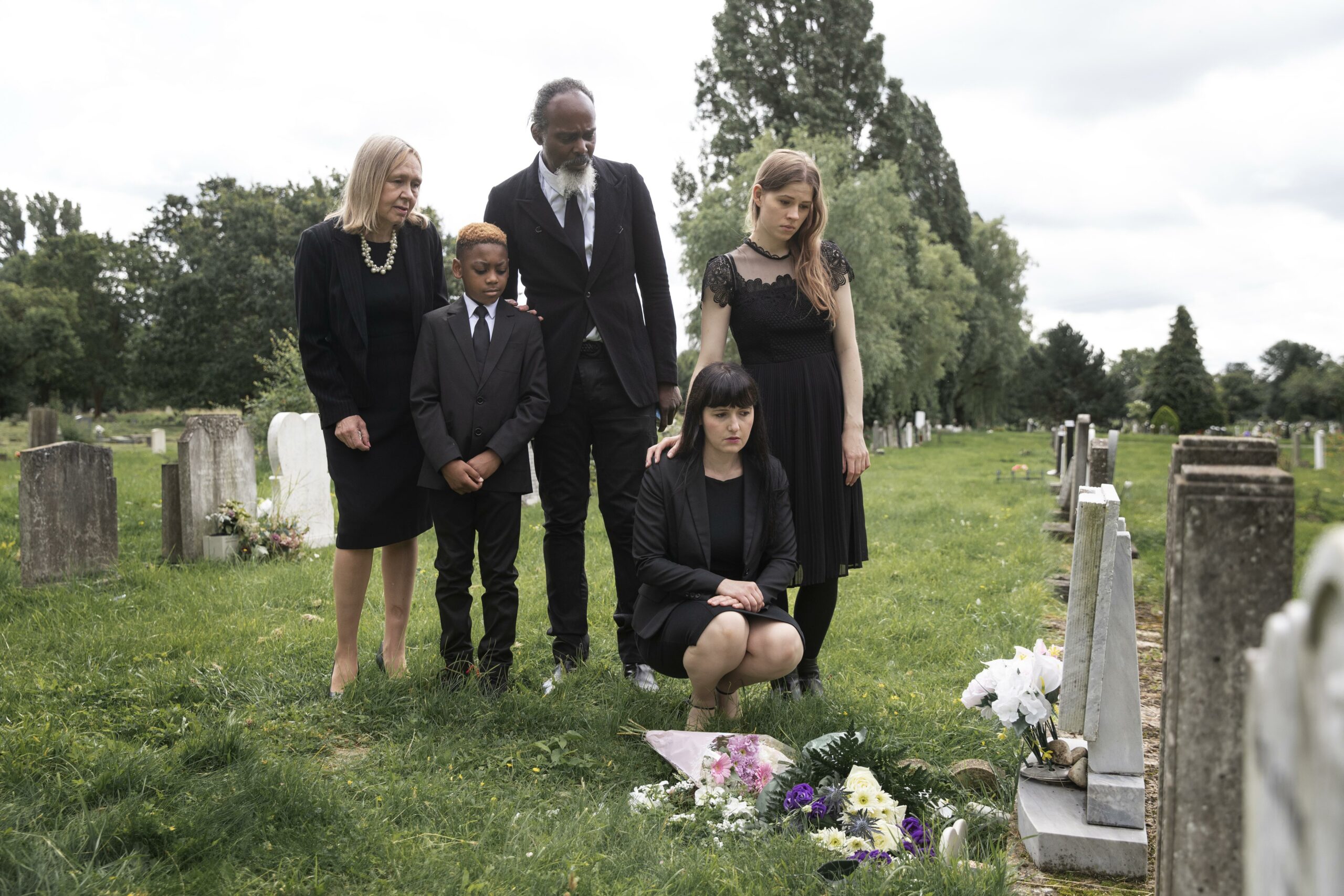This is a short video explaining the options that a single person may have and gifts to their brothers and sisters

This is a short video explaining the options that a single person may have and gifts to their brothers and sisters

In drafting their wills many people are concerned about the payment of tax after they pass away. We agree with clients in that endeavour in that one can put in place some tactics or structures which avoid unnecessarily paying inheritance tax or using the genuine reliefs that are available. However, avoiding tax should not be the number one criteria in making your will. The first issue in making a will is to ensure that you make the will that you want. That must be the first consideration. So in formulating your will, think about who you want to benefit and why. We at Kerrywills.ie can advise you on the tax consequences of your decisions. Once you know the tax consequences you can then begin to trade off between modifying your wishes and saving tax. However, you can only make that trade off and know how you feel about that until such a time as you understand exactly what you want to do with your assets and why.
Hope this helps and if you have any will drafting or tax queries please reach out to me Colm Kelly solicitor at info@kerrywills.ie

This is a short video where explaining that your residuary beneficiaries are the ones that effectively look after your funeral account

This is just a short video explaining that there are rules in place that look after the payment of your funeral bill

An area of concern that often arises for clients is whether or not they will have funds to pay for their funeral. Alternatively what also happens on occasion is that a client will have earmarked a specific account for payment of funeral costs and will ensure that that account remains in credit to pay for a funeral. However, there is no real need to take these steps.
This is because the law has been set up to cater for this and to ensure funeral expenses are paid. There is a rule that states that whatever monies are in your bank account and not specifically gifted to any one person are to be used to pay for your funeral. So, at times you will have a balance of money and a clause in your will that states “Whatever is in the balance of my estate, I give to my children in equal shares”. We often call this the residue clause. The rule is that whatever is in your residue is used first to pay expenses. So this will include funeral expenses. So your funeral expenses will be effectively paid by those beneficiaries who are getting the balance of the estate or the balance of the pot. We call these residuary beneficiaries.
You can always amend this in your will and make different provision from what the law implies. For example if you want your funeral expenses to be paid from a specific account or by a specific person, you can always say that in your will.
On balance you don’t have to worry about not having monies in a specific account in your will. This will be catered for in the round. However if you want something specific about your expenses then mention this to your solicitor.
I hope this helps and if you have any will drafting queries please reach out to info@kerrywills.ie

Generally a will, will make reference to Executors. It is not obligatory to have executors in a will and a will is valid even if no executors are appointed. Executors are the persons that manage the affairs of the deceased after the deceased has passed. The are the persons charged with administration of the estate and their role is to collate the assets of the estate and in turn distribute the assets of the estate to those entitled under the will or under the provisions of law (called the rules on intestacy).
A person does not need a specific qualification to be an executor and a person making a will can appoint anyone as their executor. However there are some tips in considering who to appoint.
I hope this helps and if you have any queries about the appointment of executors, please reach out to me a info@kerrywills.ie. Colm Kelly
This is a short video explaining what would happen if a child pre-deceased you and you left those assets to their spouse
https://www.youtube.com/watch?v=luaDLzWclGk

A question often arises whether or not you should tell your children what’s in your will. This is a difficult question with no easy answer. You could view it in this way. Would you tell your children how you vote? Would you tell your children what’s in your bank account? So, not all private matters are discussed with your children. There are advantages and disadvantages to disclosing matters to your children. The advantage is that you have matters out in the open and everyone knows where they stand and there is no potential for disputes or upsets after you pass away. The disadvantages are that it can lead to children trying to influence you to change your will to suit their own ends. Further it can disrupt relations now, where a child thought he or she was being favoured is now excluded from a will; thus giving rise to bitterness or a strain in your relationship during your lifetime. The other disadvantage is that it can mean that children who are very self centre or self motivated decide that it is not in their interest to maintain relationships in circumstances where there is no financial benefit out of a continuing relationship with a parent. A final disadvantage is that it can make it difficult to change your will. Your circumstances might change, your relationship with your beneficiaries might change. However if changing your will, will result in certain beneficiaries losing out, it might make you more reluctant to make that change.
Every family is different. Some are very open and discuss all matters all of the time. Others are more closed preferring to keep matters private. It is always a personal choice but one which needs to be carefully considered before taking the step of disclosure.
And remember if you have any will drafting queries or would like to make your will email us at info@kerrywills.ie

We have been looking at various aspects of will drafting and in particular the issue of what happens if a beneficiary dies before you. This blog relates to the situation of drafting a will catering for your children dying before you. One of the options available to a person in drafting a will in these cases is providing that the inheritance which they intended giving to their children that they would give that instead to the children of that child (ie their grandchildren through that child).
This is quite a normal route that people making a will opt for if the question of a child pre-deceasing them is presented to them during a will consultation. Obviously, no parent wishes to contemplate their child dying before them, but provision does need to be made for this unfortunate circumstance. Where a person drafting a will takes this option there are two points to note:-
It is normal that a person making their will, will want to try and keep the asset in the family. One of the most tried and trusted ways of doing this is to pass assets down to grandchildren in cases where a child dies before them. This option is adopted by persons drafting wills in the vast majority of cases.
Hope this is of assistance and if you require any will drafting tips or assistance please contact me on info@kerrywills.ie. Colm Kelly
* As at the time of writing (June 2024), tax rates may change in the future

In the last number of posts we have been looking at the issue of what would happen if you made a will leaving something to your child but (God forbid!) your child passed away before you. It is something you have to consider and we have dealt with this issue in the past number of blogs, which we link below.
You have a range of options to cater for this. This is because you can cater for this eventuality (even though you don’t want to think about it) by drafting appropriate clauses in your will. We call this drafting gift over clauses
One of the options in drafting a gift over clause is that you can leave the asset to the estate of the child. What this means is that they asset will be dealt with in accordance with the will of the child.
There can be pros and cons to this.
A child in making their will, will not have thought of them pre-deceasing their parent and what assets might arise in that case. So invariably the asset passing from you, will pass in accordance with the “catch all” clause in the will of the child. We call this catch-all clause, the “universal” clause or the “residuary” clause. However the residuary clause is generally a clause where you “dump” any remaining assets that you might not have dealt with in your main will. So the clause tends to be something that deals with remaining assets and not core assets. So, items in the residue, could be split various ways or could go one way. The contents of a residuary clause are various and there are no hard and fast formulations.
In all likelihood if a child is married the residue will pass to either children or a spouse.
If the child is not married, the residue may or may be left to relations. However it could be left to charity, to friends etc.
So the upshot is, is that while you have the flexibility, not many people pick the option of leaving an asset to the estate of a pre-deceased child. It tends to be somewhat unknown.
The only additional point to make is that there is a provision in law that states that if when you die, your child has died before you and on the date of your death that child has grandchildren living, then the gift that was due to your child will pass according to the childs estate/will. So, if you don’t deal with this issue of gift over, the effect could be the default effect, which is that it passes to your child’s estate.
Hope this helps and if you have any questions or queries on will drafting please let me know by contacting me at info@kerrywills.ie. Cheers. Colm Kelly
Here are the links to previous posts on this.
If your child dies before you – giving that gift to his or her spouse